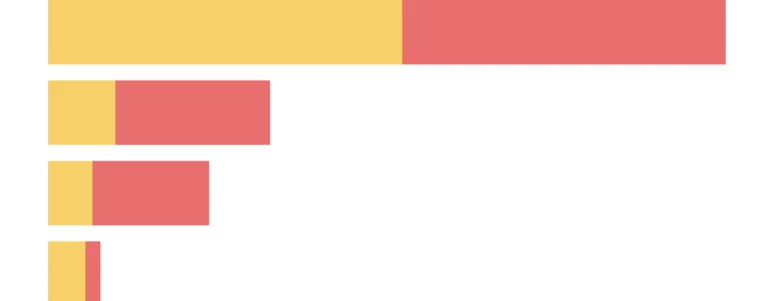How could the war in Ukraine impact global food supplies?
Our World in Data, 2022
"Ukraine has been one of the world’s largest contributors to the World Food Programme – the UN agency that provides food aid to countries in crisis. The Head of the WFP – David Beasley estimates that it provides 40% of its wheat. The war has now reversed this flow: the WFP is now working to provide Ukrainians with the supplies they need in this crisis. The war in Ukraine could have profound impacts on global food supplies, with far-reaching consequences for hunger and food security across the world. But it doesn’t have to – there is time to react and to contain a larger crisis. In this article, I present the data we need to understand the scale of their contribution, and which countries are most reliant on Ukraine for their food supplies." (quoted from page summary)
Comment from our editors:
This resource is a great help for those attempting to understand the concrete ramifications of the war in ukraine on global food supply. The most interesting element of the page is the section on "Which countries are most reliant on food imports from Ukraine and Russia?" which allows users easy access to data providing numbers for the degree to which specific countries are reliant on specific food imports from Russia or Ukraine.
Go to: How could the war in Ukraine impact global food supplies?

